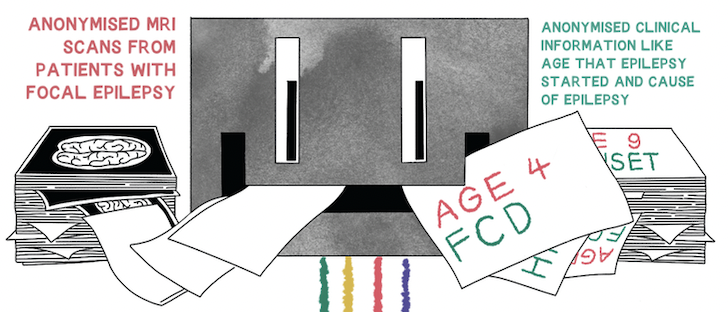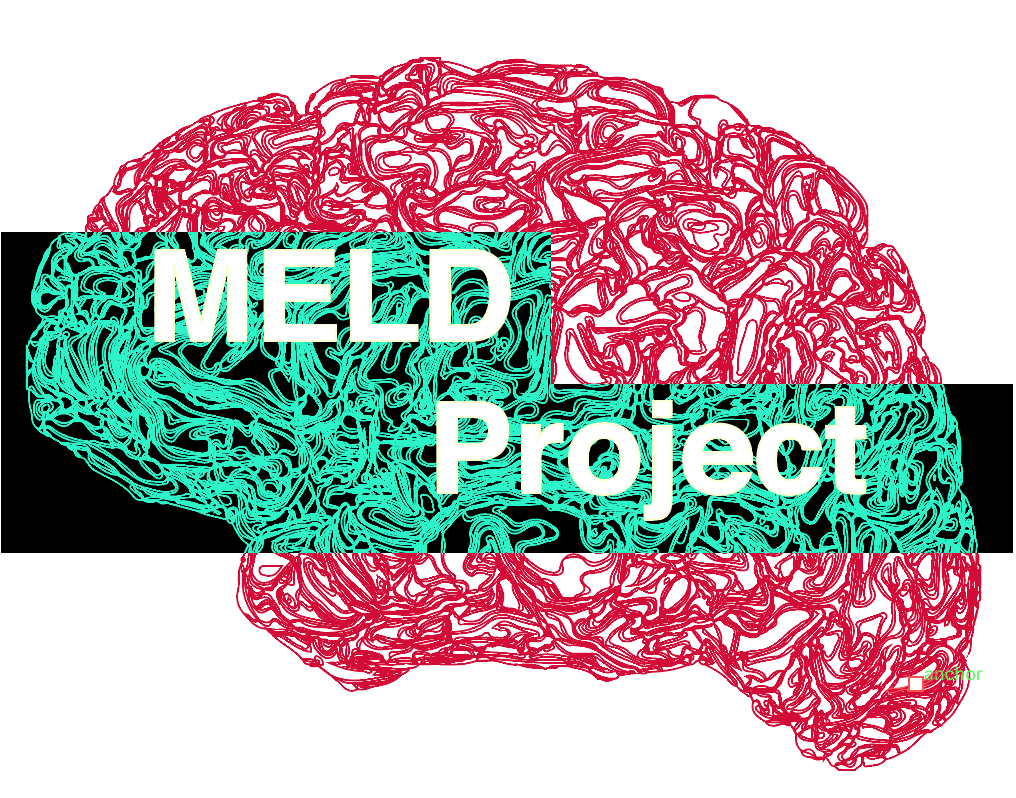MELD Project: A collaborative cohort for the analysis of patients with focal epilepsies
Why are we doing the MELD Focal Epilepsies project?
Epilepsy is one of the most common neurological conditions, with a lifetime risk of 1 in 26. 20-30% of patients have drug-resistant epilepsy, in which multiple anti-seizure drugs have failed to control seizures(Picot et al. 2008; Sultana et al. 2021). Patients with uncontrolled epilepsy have increased risk of seizure related injuries, cognitive and psychological impacts and a 20-fold increase in risk of mortality(Hesdorffer et al. 2011).
In many patients, the seizures are caused by a focal cerebral lesion, and neurosurgical resection of the epileptogenic lesion is considered a safe, effective and cost-efficient treatment but is underutilised (Braun and Cross 2018). However surgery is not always successful, with post-surgical seizure freedom rates estimated between 50-70%(Lamberink et al. 2020). Accurate detection of lesions on presurgical MRI and complete neurosurgical resection are important predictors of post-surgical freedom, but lesions can be small, subtle and easily missed.
What are the aims of the project?
The aim of the project is to improve epilepsy surgery outcomes through the collation (WP1) and characterisation (WP2) of a large multicentre cohort of clinical and MRI data from patients with focal epilepsy, development of deep learning algorithms for automated segmentation (WP3) and histological classification (WP4) of MRI lesions, generating models for predicting post-surgical seizure freedom (WP5) and identification of covert lesions (WP6).

What data are we collecting?
We are collating retrospectively acquired volumetric MRI data and clinical information from patients with a range of causes of focal epilepsy. We have protocols to ensure all data shared with the MELD team is anonymous.

Can I join the project?
We are inviting ANY epilepsy centre to take part in this study.
Contact MELD.study@gmail.com for more information.
We are extremely grateful to ERUK and the Rosetrees Trust for funding for this project
